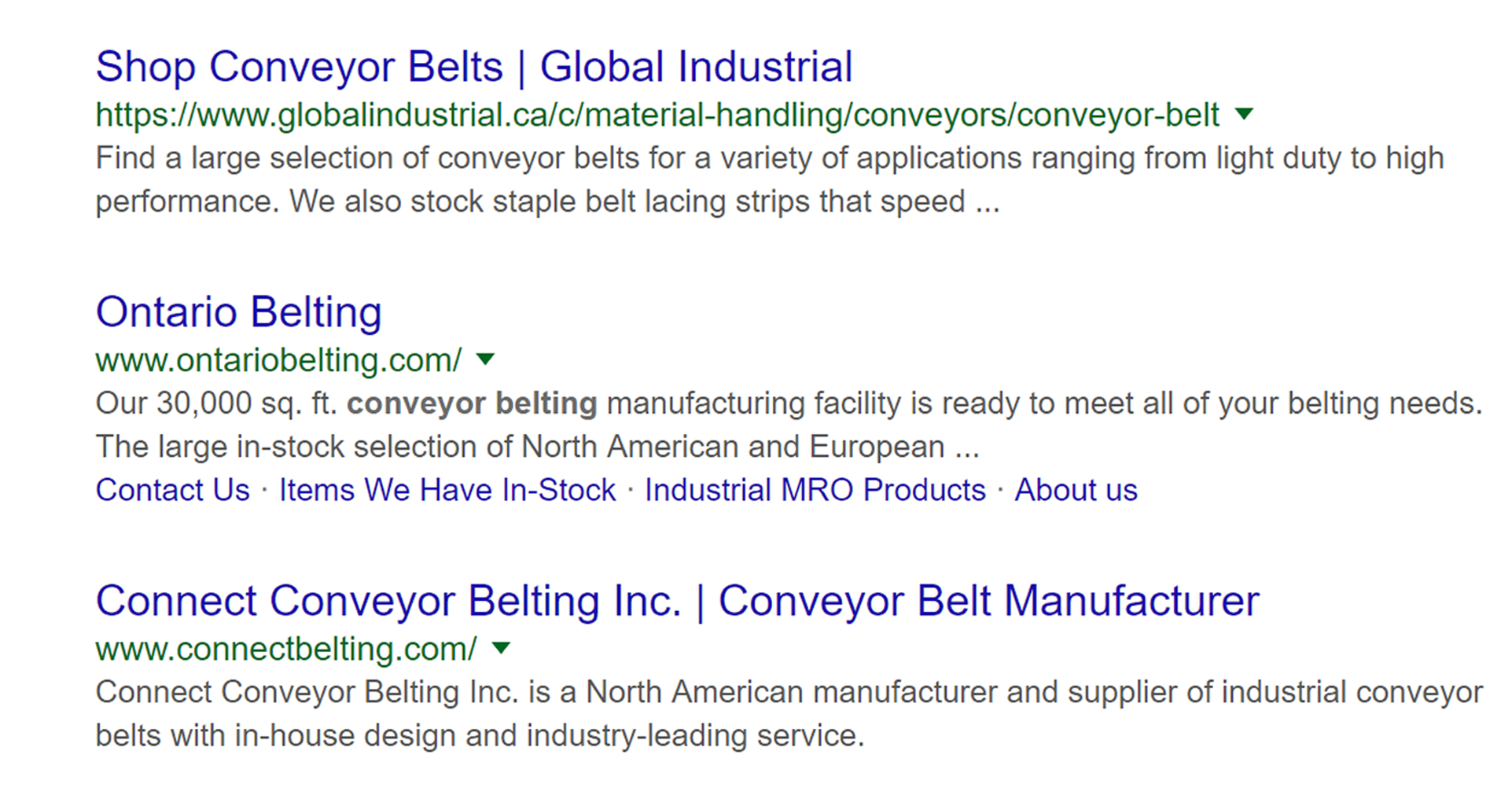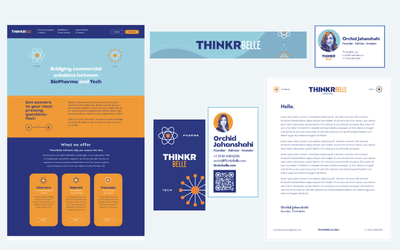4 website best practices that boost organic search traffic
If your website is easy to discover, and easy for search engines to index, you’ll get better traffic than a competitor whose site is not. This type of web traffic is called “organic” because people are finding you naturally by typing their keywords into Google (or Bing or Explorer) and responding to the search results that pop up.
If you want to rank first on Google and make it easier for potential buyers to find your website, make sure you are following all four of these simple best practices:
1 \ Write strong page titles
Page titles should be no longer than 50 – 60 characters, without repeating keywords. Be descriptive and intentional with the words you use. This is what people will see in their Google results and will make or break whether they come to your site. Page titles also impact your search ranking.
2 \ Craft smart meta descriptions
This is the line of information that displays beneath the link in a search result. It describes the contents of your page, should be no longer than 155 characters and should be topical. A well-written meta description might earn you a better click-through rate (CTR), which in time might translate into an increase in your search rank.

This screen capture illustrates how page titles and meta descriptions are displayed on a search engine. The blue text is the page title, the black test is the meta description.

By contrast, here is a company that has entered the page title, but no meta data. In place of he meta description is “No information … “
3 \ Be intentional with your headlines
Headlines (versus paragraph copy) distinguishes headings from page content. This helps search engines to know what your webpage is about (and thereby serve it to people when they are searching for that material). Headlines also help visitors to scan and find the information they’re looking for.
Your website will have a few headline styles. H1 (headline one) will be the largest and most bold, whereas an H3 or H4 will be smaller. Use your H1s and H2s to explain what’s on the page. Be sure they include keywords. Use H3s and H4s to introduce sub-sections, and make them descriptive rather than one or two words in order to help your page to rank.

4 \ Publish frequent blog content
Finally, tick a few SEO boxes with the other content on your site. Having a blog is important for SEO (Google sees companies with lots of fresh quality content as more relevant than a stale 4-page site. Plus, it builds credibility with potential customers.
How often should you blog? Weekly would be great, but most of our clients tend toward monthly. Even quarterly is better than nothing. The more blogging you do, the more traffic you get. You’d be surprised how dramatically a blog can impact the number of people visiting (and revisiting) a website. One of our clients saw the number of visitors coming to their site skyrocket to 300% over the same 6-month period in the previous year. This was the result of publishing several articles and a white paper, and sharing them via email and social media.
Though these four best practices are simple, many organizations aren’t employing them. If you and your competitors are among this group of laggards, it won’t be hard for you to pull ahead. Start with the simple stuff: spend a couple hours in the back-end of your website and fix your page titles and meta descriptions. Next edit your headlines. Finally, address your blog content. Don’t have one? There’s no time like the present!



